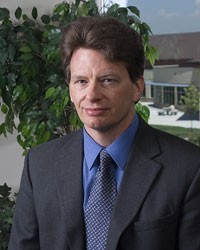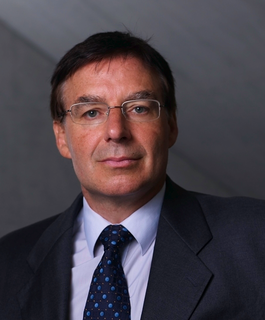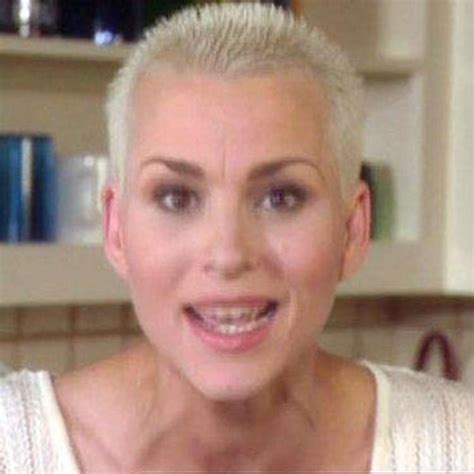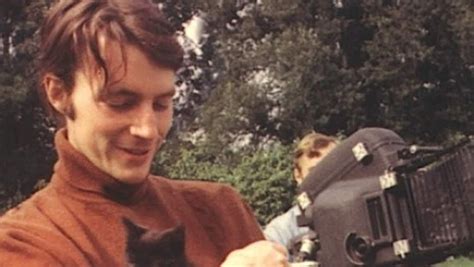A Quote by Lawrence Lessig
The value of "one person, one vote," the value of equality, is a value that was given to us more than 50 years ago as a central part of our constitutional tradition. So, under that principle, we ought to be applying the same standard today that I would have said we should have applied a year ago.
Related Quotes
Worship is simply about value. The simplest definition I can give is this: Worship is our response to what we value most. That’s why worship is that thing we all do. It’s what we’re all about on any given day……….the trail never lies. We may say we value this thing or that thing more than any other, but the volume of our actions speaks louder than our words.
Today it's fashionable to talk about the New Economy, or the Information Economy, or the Knowledge Economy. But when I think about the imperatives of this market, I view today's economy as the Value Economy. Adding value has become more than just a sound business principle; it is both the common denominator and the competitive edge.
Of course (said Oryx), having a money value was no substitute for love. Every child should have love, every person should have it. . . . but love was undependable, it came and then it went, so it was good to have a money value, because then at least those who wanted to make a profit from you would make sure you were fed enough and not damaged too much. Also there were many who had neither love nor a money value, and having one of these things was better than having nothing.
If in the human economy, a squash in the field is worth more than a bushel of soil, that does not mean that food is more valuable than soil; it means simply that we do not know how to value the soil. In its complexity and its potential longevity, the soil exceeds our comprehension; we do not know how to place a just market value on it, and we will never learn how. Its value is inestimable; we must value it, beyond whatever price we put on it, by respecting it.
[W]e think the very term 'value investing' is redundant. What is 'investing' if it is not the act of seeking value at least sufficient to justify the amount paid? Consciously paying more for a stock than its calculated value -- in the hope that it can soon be sold for a still-higher price -- should be labeled speculation (which is neither illegal, immoral nor -- in our view -- financially fattening).
Back in 1960, the paper dollar and the silver dollar both were the same value. They circulated next to each other. Today? The paper dollar has lost 95% of its value, while the silver dollar is worth $34, and produced a 2-3 times rise in real value. Since we left the gold standard in 1971, both gold and silver have become superior inflation hedges.




































